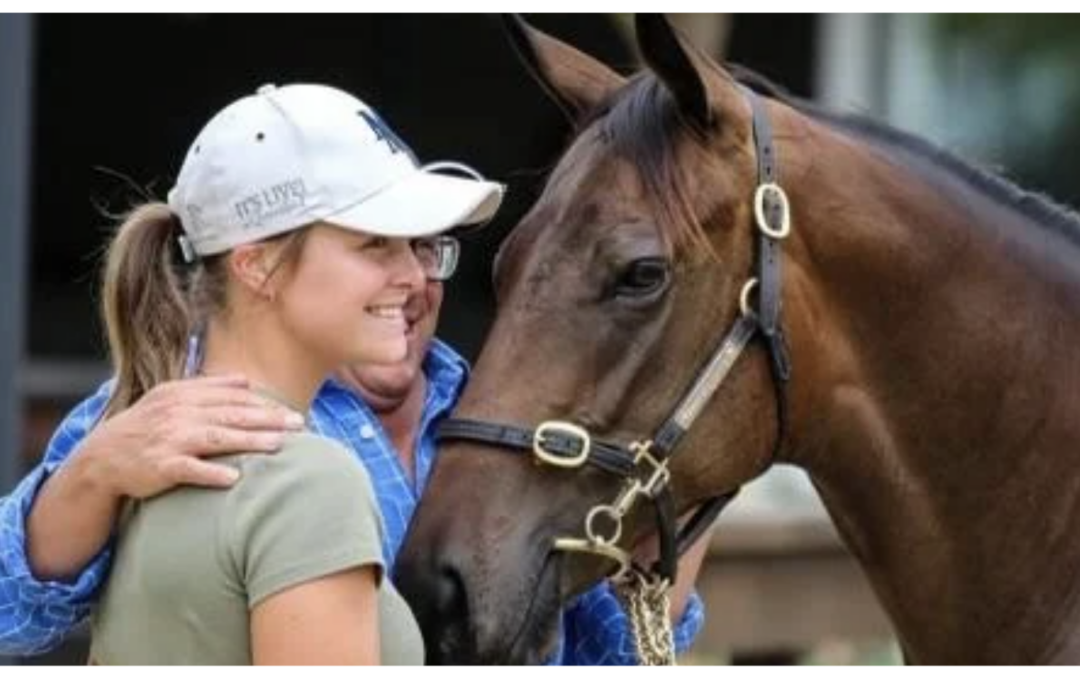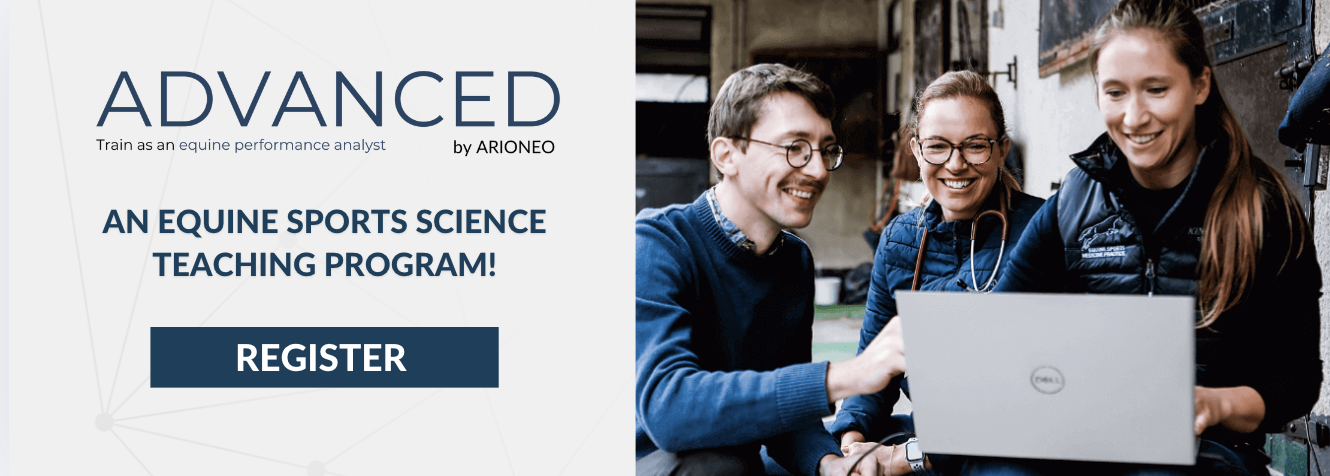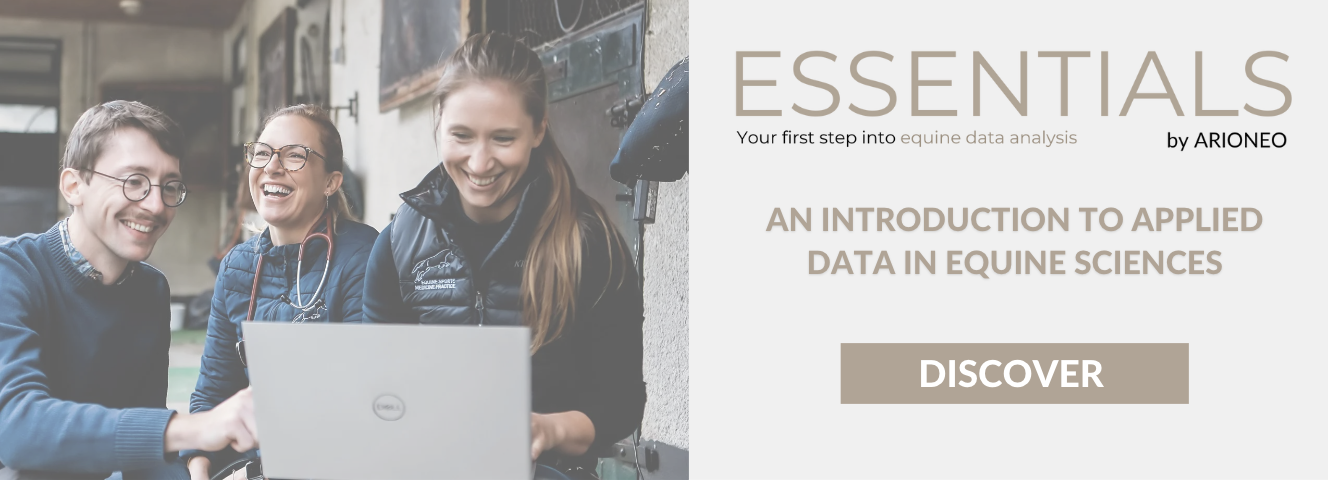Tammy Feek, a recent participant in the Advanced program, shares her insights on the value of the training, the impact of data in the racing industry, and her future career aspirations. Having used Equimetre technology for several years, Tammy explains how the program has deepened her understanding of data analysis and its role in optimizing racehorse performance and well-being.
Could you introduce yourself?
My name is Tammy Feek, I am 21 years old from Melbourne, Australia. I’m currently in my final year of studying a Bachelor of Veterinary Bioscience at university. In conjunction with uni, I work for my parents racehorse training stable. My role includes a variety such as all aspects of racehorse care, riding trackwork, strapping/representing the yard at the races, medications and treating injuries, and more recently, Equimetre data analysis! During university holidays you will most likely find me prepping yearlings and at the sales which is another great interest of mine.
What motivated you to enroll in the Advanced training?
We’ve been using Equimetre on our horses for a couple of years now, but I saw the Advanced course as a great opportunity to fully analyze and interpret the data. Initially, we were only using it at a basic level, so I wanted to learn how to maximize its potential to improve our horses’ training, performance, and well-being.
If you could describe the Advanced program in two words, what would they be?
Innovation & modernity.
Could you share a concrete example of where the Advanced program had a positive impact or where the courses were particularly helpful to you?
For us, a great example is how the analysis tool provided by Equimetre has helped us. Over the past few years, we’ve built up a substantial database, and this tool has been incredibly useful in comparing a horse’s current performance against its past training sessions. It provides an easy visual to track improvements or spot potential issues early on, ensuring our horses stay on the right track. Before the course, I didn’t even know this tool existed, so learning how to use it has been a game-changer.
We aim to promote well-being while striving for performance. Did you feel that during the program?
Absolutely. The content covered racehorses’ well-being just as much as performance. There were veterinary lectures on horse physiology, injuries, and diseases, teaching us how to detect issues using data. This was incredibly valuable, as it allows us to identify problems before they become visible, enabling early intervention and prevention.
Can you tell us more about your professional goals and future direction?
I’m in the final year of my degree. For now, I’m studying while working for my parents—I ride track work, handle data analysis, and assist with various stable tasks. I graduate in November and plan to gain more experience in racing and breeding, starting in Kentucky and possibly moving to Europe. I don’t have a specific dream job yet, so my goal is to gain as much industry experience as possible.
How does your veterinary background complement your expertise in racing and your work at your parents’ stable?
Having a science background enhances my understanding of the horse’s physiology and the training process. One of my main responsibilities at the stable is assisting the vet and overseeing veterinary care and medications. My experience in data analysis from university also helps a lot when interpreting performance metrics, making it a great combination of skills.
What is your perspective on the integration of data in the racing and sports industry?
I love thoroughbreds—they’re incredible athletes. The data from Equimetre is invaluable for optimizing their performance while ensuring they’re well cared for. Just like any athlete, racehorses need proper monitoring and preparation. While data provides incredible insights, I also appreciate that there are still variables in racing that technology can’t predict, which keeps the sport exciting.
Thank you, Tammy, for sharing your journey with us. We look forward to seeing the successes and advances that you, and all of our alumni, will bring to the field of equine sports science.
For those interested in finding out more about the Advanced program and how it can benefit their career, visit the official Advanced page.
Contact:
Key words: Data analysis, science and performance, equine welfare, training optimisation, technology and innovation, Advanced, Equimetre, performance analysis, equine physiology, injury prevention, training monitoring, professional experience, racing industry, veterinary medicine, racing and breeding, horses, racing
Photo: https://www.feekracing.com.au/about



